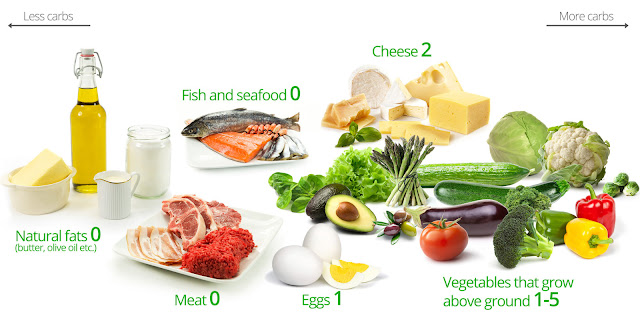Low Carb Diet Problems Can Impact the Most Vigilant Carb Counters
Low Carb Diet Problems Do Not Demonstrate That the Diet Itself is Flawed
Health authorities who believe in the low fat diet have argued that any problems people experience while restricting carbohydrates must indicate that the approach itself is fundamentally flawed. But this line of thinking is illogical. In fact, a vast body of evidence suggests that low carb is more effective and healthful than the low fat approach.What Can Explain Instances of Low Carb Diet Failure?
Carbohydrate restriction works because cutting carbs controls both blood sugar and insulin levels. Without ongoing spikes of insulin and blood sugar, the fat cells in the fat issue cannot store enough triglycerides to lead to obesity, at least in normal people. Carbohydrate restriction drives the body to burn its fat stores for fuel instead of glucose.Nevertheless, food is not the only factor that can impact hormones and fat tissue metabolism. The following factors may also be able to derail fat tissue metabolism – even in the face of extreme carbohydrate restriction – and thus could lead to weight gain even on a low carb diet:
- natural hormonal changes (such as puberty, menarche, pregnancy, menopause)
- genetic changes or abnormalities
- diseases
- brain injuries
- certain medications
- stress
- insomnia
- other as of yet unidentified X factors
All the above factors theoretically can elevate insulin levels and blood sugar levels – independent of diet – and thus can be potentially blamed for weight loss failures.
Carb creep and special food sensitivities
"Carb creep" can stymie low carbohydrate plans. In the earliest phase of the Atkins diet, Induction, dieters are restricted to 20 grams of carbohydrate a day. Considering that the USDA food pyramid permits 375 grams of carbohydrate for people on a 2,500 calorie a day diet, this level of carb restriction is profound. It is all too easy to hit the 20 gram mark and thus get knocked out of fat burning mode. For instance, half a can of Coke can bring the daily carb count up to 20 grams. A full can of Coke has nearly 40 grams of carbs – twice the recommended daily limit for the Induction phase of Atkins.Sensitivities to certain foods can also be a problem. And while dietary fat generally does not provoke an insulin response, dietary protein does drive a mild insulin response. Theoretically, someone who consumes thousands of excess calories of protein thus could drive a significant insulin response. That said, evidence shows that meat overfeeding is extremely hard to do, absent carbohydrates in the diet.













0 comments: